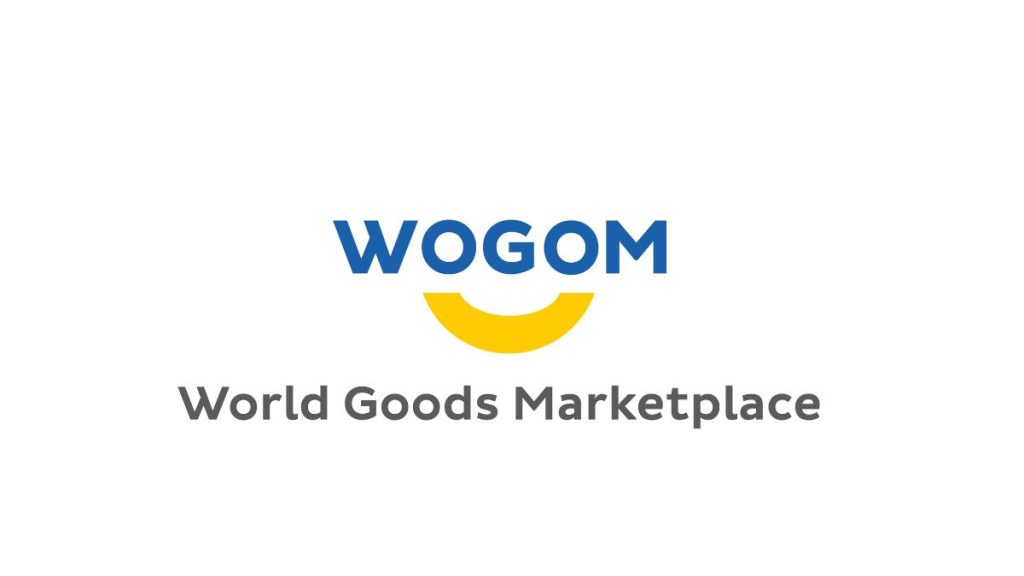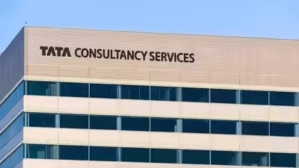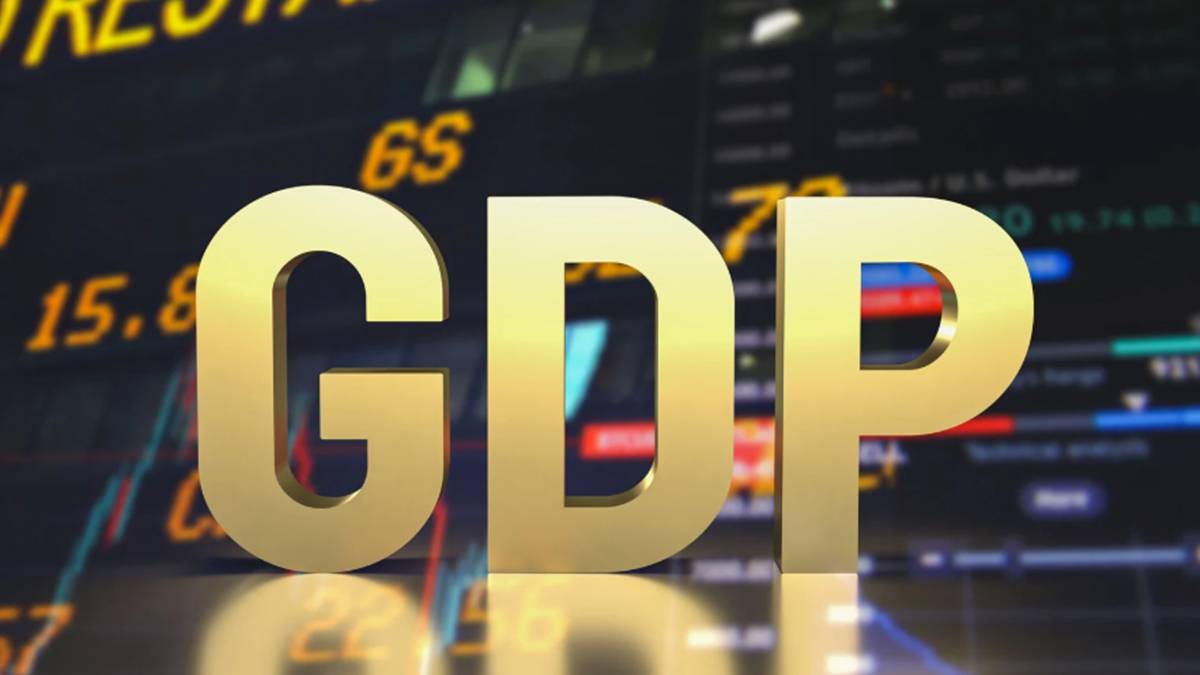By Nirav Patel
The prevalence of digital technology is proven to be a game changer in the current business landscape, ushering in a new era of business operations worldwide. Specifically in India, blockchain technology is gaining traction across a diverse range of industries. As the number of blockchain applications continues to grow, industry experts are finding innovative ways to tailor the technology to meet a variety of use cases. This has led to an increased interest in blockchain adoption and implementation, as more organizations discover the potential benefits of this technology in terms of security, efficiency, effectiveness, and cost savings.
A growing number of businesses across industries, including telecom, healthcare, retail, life sciences, travel, hospitality, and energy, are taking a keen interest in exploring the potential applications of blockchain technology to enhance their existing business models. With the exponential growth of digital records, data management, and security have become top priorities for organizations seeking to mitigate risks and achieve cost efficiencies. As such, blockchain technology presents an attractive option for businesses looking to streamline their cost-efficient operations and safeguard sensitive information from cyber threats.
Better understanding
The concept of blockchain is based on the digital storage of large sets of data and information. This process involves breaking down the data into smaller fragments and distributing them across various platforms and users. One of the key concerns with data storage is the security aspect, and blockchain technology addresses this by using encryption techniques called cryptography. Traditional storage methods can leave data vulnerable to unauthorized access, edits, modifications, or deletions. However, with blockchain technology, each fragment of data is encrypted and can only be accessed by the user with the key to unlock it. This ensures that the data remains secure and protected from any unauthorized modifications.
The India Factor
An agricultural revolution took place in the Indian state of Jharkhand. The partnership was spearheaded by the Directorate of Agriculture in Jharkhand and Settle Mint, a global blockchain technology company. The latter achieved a great deal in just two years of operations, making significant strides in facilitating blockchain adoption in India. One of the most notable successes was the implementation of blockchain-based seed distribution, which proved to be a game-changer for farmers in Jharkhand.
The process of blockchain-based seed distribution is both simple and revolutionary. It begins with the issuance of supply orders by the Directorate of Agriculture, which are then tracked on the blockchain platform. The District Agriculture Officer then places seed demand, which is also tracked on the platform. The blockchain technology then tracks the distribution of seed supplies from government-approved seed-producing agencies to distributors, retailers, LAMPS/PACS, FPOs, and finally to the farmers. This ensures that the distribution process is transparent and efficient and that every step of the process is accountable and easily auditable.
The success of blockchain-based seed distribution in Jharkhand is a testament to the power of blockchain technology and its potential to revolutionize business processes.
The Way Ahead
The potential of Blockchain technology is vast and highly promising, particularly in the financial sector. In fact, during the time of demonetization, financial institutions faced tremendous challenges in managing the sheer volume of transactions, as they relied heavily on a centralized expert to handle the workload. To address this issue, the Reserve Bank of India (RBI) has encouraged banks to implement Blockchain technology, which can offer numerous benefits, including cost and time savings, faster processing, and secure operations that are immune to cyber-attacks.
In addition to financial institutions, Blockchain technology can also be incredibly useful for companies involved in supply chain management. By documenting transactions in a distributed ledger, Blockchain can improve transparency and oversight, thereby reducing errors and delays while monitoring costs, employment, and releases at every stage of the supply chain. However, it is worth noting that this approach can also have an impact on our ability to understand and monitor the ecological impacts of products. Moreover, the decentralized ledger can be utilized to verify the authenticity and fair trade status of products by tracking them back to their source.
In the world of offline retail, the blockchain technology use case has numerous benefits such as identifying the need of the smallest retailer based on the potential of past business numbers/ geography and customer profiling, consolidating the demand of these small retailers to streamline the bulk order of a regional distributor and place the final order with the manufacturer/ Brand/ OEM. As such, Blockchain technology is poised to revolutionize the way we conduct transactions and manage supply chains, offering a secure and transparent means of doing business.
The author is founder , CEO, WOGOM









